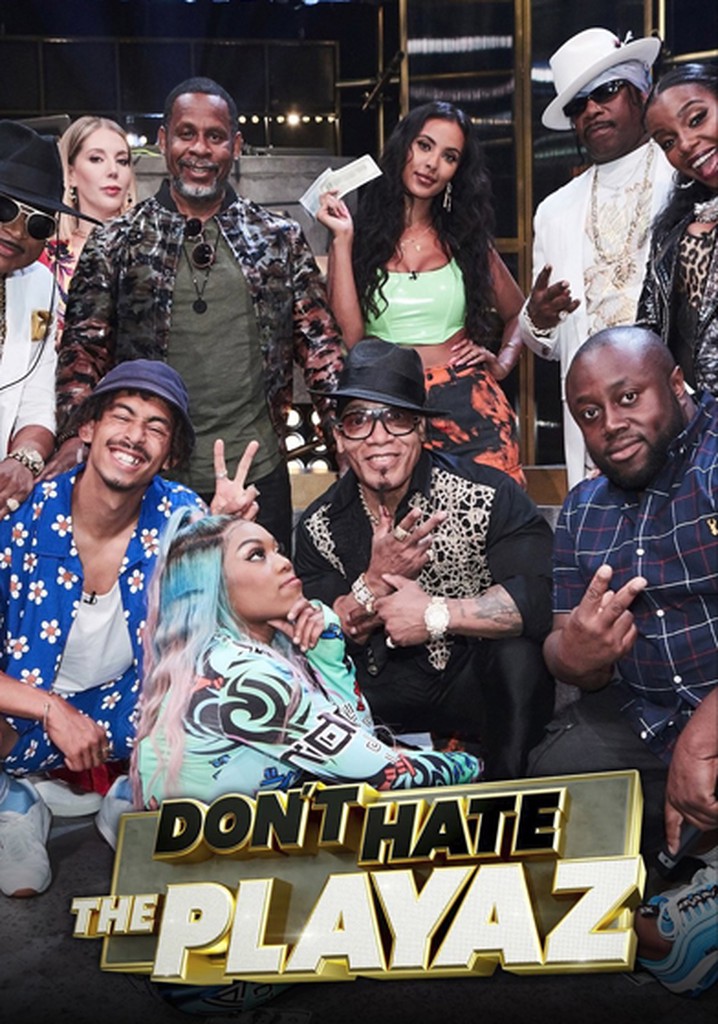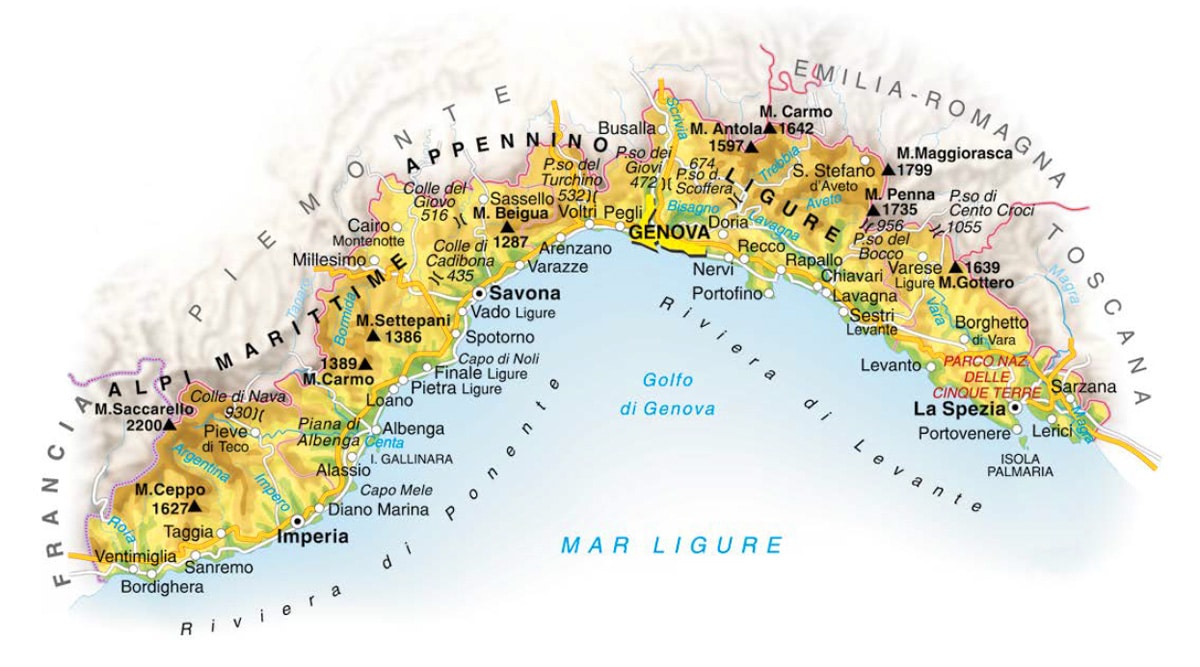Don't Hate The Playaz: Building A Respectful Community In Online Games

Table of Contents
Setting Clear Community Guidelines & Expectations
Creating a thriving online gaming community starts with establishing clear and concise community guidelines, often called a Code of Conduct. This document outlines acceptable and unacceptable behavior, setting the tone for interactions within your game. Without clear expectations, players may engage in toxic behavior unknowingly, leading to a negative gaming experience for everyone. A well-defined Code of Conduct is the cornerstone of a respectful online gaming community.
- Outline acceptable and unacceptable behavior: This should include specifics, such as prohibiting harassment, hate speech, cheating, griefing, and excessive negativity. Clearly define what constitutes respectful communication, including appropriate language and tone.
- Specify consequences for violations: Establish a clear system of escalating consequences for rule violations. This might include verbal warnings, temporary bans, or permanent bans, depending on the severity of the offense. Transparency in your enforcement is key to maintaining fairness and trust.
- Make sure guidelines are easily accessible: Your Code of Conduct should be easily accessible to all players. Post it prominently on your website, within the game itself, and potentially even within onboarding materials for new players.
- Use concise and easily understandable language: Avoid legal jargon. Use simple, direct language that is easy for everyone to understand, regardless of their native language or gaming experience.
- Regularly review and update guidelines: The gaming landscape and community needs change over time. Regularly review your online gaming community guidelines to ensure they are still relevant and effective. Update them as needed to address new issues or concerns.
Effective Moderation and Conflict Resolution
Even with clear guidelines, conflict is inevitable in any online community. Effective moderation and conflict resolution are essential for maintaining a respectful environment. This requires a proactive and responsive approach.
- Importance of active moderators: You need active moderators who are fair, consistent, and responsive to player reports. They should be readily available to address issues promptly and impartially.
- Use of reporting systems and in-game moderation tools: Implement a robust reporting system that allows players to easily report violations of the Code of Conduct. Utilize in-game moderation tools to quickly address disruptive behavior.
- Strategies for de-escalating conflicts between players: Train moderators in conflict resolution techniques. This involves mediating disputes fairly, encouraging players to communicate respectfully, and finding mutually agreeable solutions.
- Providing clear explanations for moderation actions: When taking moderation actions, provide clear and concise explanations to the players involved. This helps maintain transparency and reduces the likelihood of further conflict.
- Training moderators to handle difficult situations effectively: Moderators need training to effectively handle difficult situations, such as dealing with persistent offenders or managing highly emotional conflicts. This training should include role-playing scenarios and best-practice strategies.
Promoting Positive Player Interactions
Creating a positive online gaming community isn't just about preventing negativity; it's about actively fostering positive interactions. This involves rewarding good behavior and providing opportunities for players to connect and build relationships.
- Rewarding positive behavior: Implement a system for recognizing and rewarding positive behavior. This might include in-game achievements, special recognition in community updates, or exclusive access to events.
- Creating opportunities for players to interact positively: Facilitate positive interactions through guilds, clans, or other social features within the game. Organize community events and competitions that encourage teamwork and collaboration.
- Using in-game chat features to promote communication and teamwork: Design in-game chat features that promote positive communication and teamwork. Consider implementing positive reinforcement mechanisms within the chat itself.
- Highlighting positive player stories and examples: Share positive player stories and examples on your website, social media, or within the game. This helps to showcase the positive aspects of your community and inspire other players.
- Organizing regular community events to foster a sense of belonging: Regular community events such as tournaments, contests, and social gatherings can create a sense of camaraderie and belonging, strengthening community bonds.
Utilizing Technology to Enhance Community Respect
Technology plays a crucial role in supporting a respectful online environment. By utilizing the right tools, you can proactively address toxic behavior and promote positive interactions.
- Using automated systems for detecting and addressing toxic behavior: Implement automated systems such as profanity filters and sentiment analysis tools to detect and flag potentially toxic behavior. These systems can help moderators focus their attention on the most serious issues.
- Implementing communication tools that encourage respectful dialogue: Provide communication tools that encourage respectful dialogue. For example, well-designed private messaging features can help players resolve disputes privately and prevent public conflict escalation.
- Utilizing analytics to identify problematic areas and trends within the community: Use community analytics to identify patterns and trends in negative behavior. This data can inform your moderation strategies and help you proactively address emerging issues.
- Leveraging social media to promote a positive community image and communicate updates: Use social media to promote a positive image of your online gaming community and communicate updates regarding community guidelines, moderation actions, and upcoming events.
Conclusion
Building a respectful online gaming community requires ongoing effort and commitment. By implementing clear guidelines, effective moderation, strategies to encourage positive interactions, and leveraging technology, you can create an environment where players feel safe, respected, and valued. Don't let negativity ruin your game; take control and build a thriving, respectful community where everyone can enjoy the "playaz" experience! Start implementing these strategies today to build a better online gaming community that embraces the spirit of "Don't Hate the Playaz!" Remember, a positive community is a strong community, and a strong community is a successful community. Start building yours today!

Featured Posts
-
 Alexis Kohler Nouveau Directeur General Adjoint De La Societe Generale
May 14, 2025
Alexis Kohler Nouveau Directeur General Adjoint De La Societe Generale
May 14, 2025 -
 Sinner Advances To Italian Open Round Of 16 Osaka Eliminated
May 14, 2025
Sinner Advances To Italian Open Round Of 16 Osaka Eliminated
May 14, 2025 -
 Tommy Furys Private Life Announcements A Comparison To Molly Mae Hague
May 14, 2025
Tommy Furys Private Life Announcements A Comparison To Molly Mae Hague
May 14, 2025 -
 Sanremo 2024 Il Supporto Della Regione Liguria Per Il Festival
May 14, 2025
Sanremo 2024 Il Supporto Della Regione Liguria Per Il Festival
May 14, 2025 -
 Jose Mujica Un Legado De Modestia Y Transformacion En Uruguay
May 14, 2025
Jose Mujica Un Legado De Modestia Y Transformacion En Uruguay
May 14, 2025
